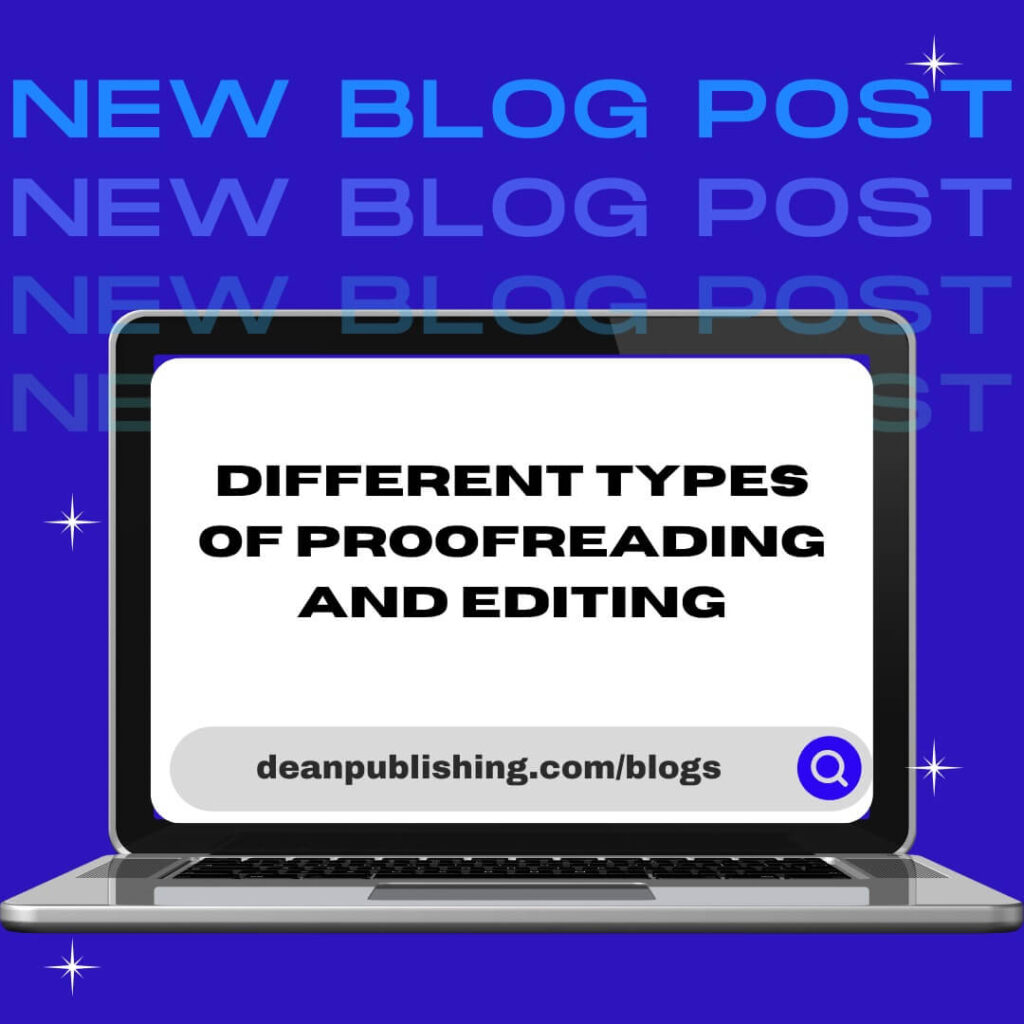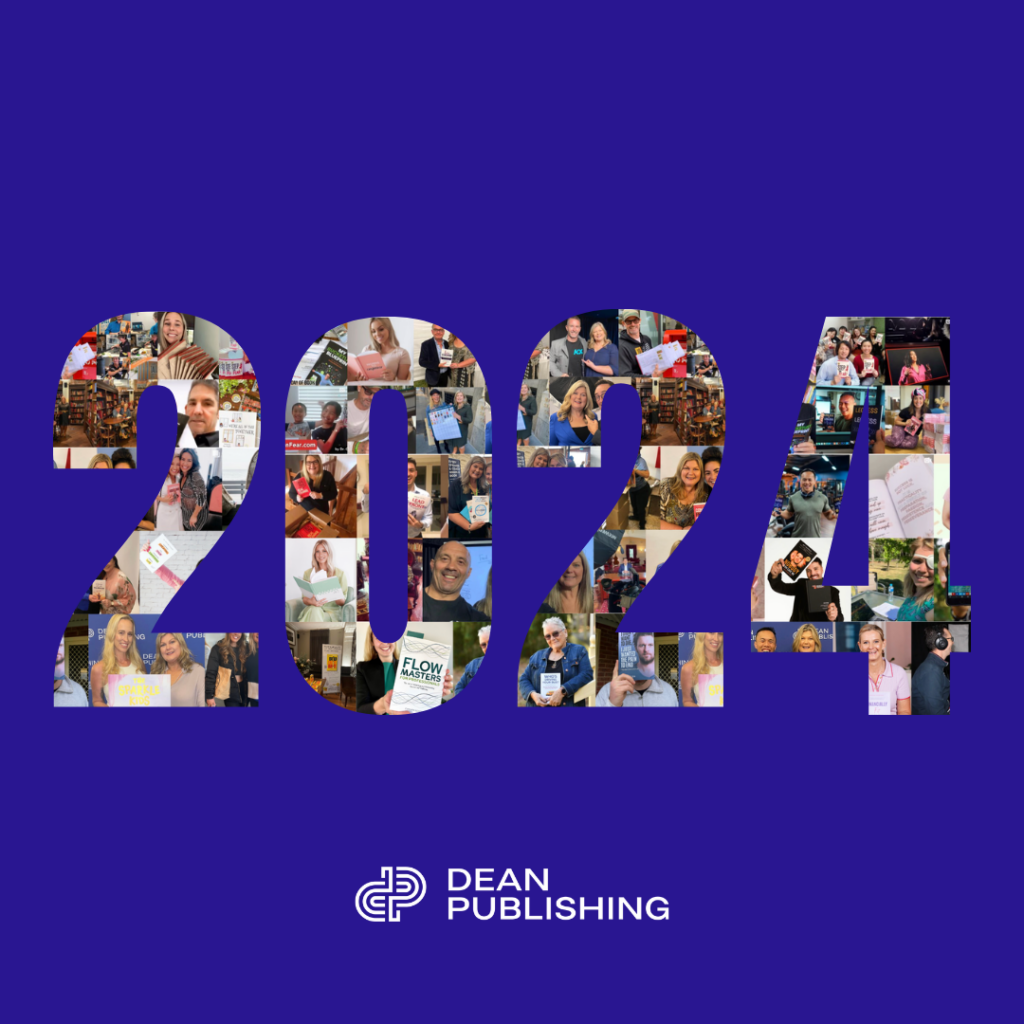Editing and proofreading are crucial stages in the writing process, but they encompass various levels of scrutiny and improvement. In this blog, we’ll delve into the details of different types of editing and proofreading to help you understand when and how to use them effectively.
1. Proofreading
Proofreading is the final step before your writing is ready to be shared with the world. It focuses on catching errors such as grammar mistakes, misspellings, punctuation errors, and formatting inconsistencies. Proofreaders also ensure that your writing adheres to a particular style guide or formatting requirements.
When to Use Proofreading: Proofreading is suitable when your content is mostly polished, and you want to ensure it is free of minor errors and adheres to specific guidelines.
2. Line Edit
A line edit, sometimes called a copyedit, takes a deeper dive into your content. It addresses issues related to sentence structure, word choice, clarity, and overall flow. Line editors aim to make your writing more engaging, concise, and suitable for your target audience.
When to Use Line Editing: Opt for line editing when your content needs refinement to enhance its readability and impact, especially for documents like articles, reports, or marketing materials.
3. Detailed Line Edit
Detailed line editing is an even more comprehensive version of line editing. Editors meticulously scrutinize every line, paragraph, and section of your content. They pay close attention to nuances in language, tone, and style to ensure a higher level of excellence.
When to Use Detailed Line Editing: Detailed line editing is essential when you require a level of perfection that leaves no room for ambiguity or miscommunication. It’s often used for critical documents like academic papers, novels, or business proposals.
4. Developmental Edit
Developmental editing takes a broader perspective. It focuses on the overall structure, organization, and message of your content. Editors may suggest significant revisions, rearrangements, or additions to improve coherence and effectiveness.
When to Use Developmental Editing: Consider developmental editing when you’re in the early stages of a project, such as writing a book or crafting a complex report, and you need guidance in shaping your content.
5. Ghostwriting
Ghostwriting is a unique form of writing where a writer, known as a ghostwriter, creates content on behalf of someone else, who takes credit as the author. Ghostwriters adapt their writing style to mimic that of the author, ensuring consistency and authenticity.
When to Use Ghostwriting: Ghostwriting is the right choice when you have valuable ideas or a story to share but lack the time, expertise, or writing skills to put them into words. It’s commonly used for autobiographies, speeches, and business books.
In summary editing and proofreading are essential steps to elevate your writing to its full potential. By understanding the different types of editing and proofreading, you can make informed decisions about which approach to take for your specific writing project. Whether you need a simple proofread, a comprehensive line edit, a meticulously detailed line edit, structural improvements with developmental editing, or even a ghostwriter to bring your ideas to life, these tools and professionals are available to help you achieve your writing goals. Embrace the art of editing and proofreading, and witness your words transform into powerful, impactful content.






